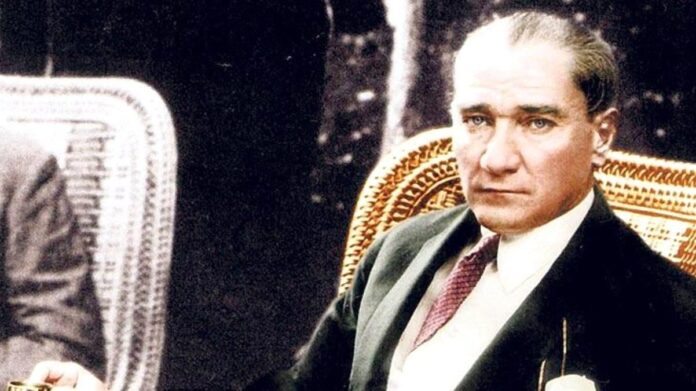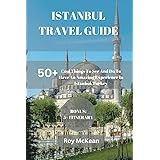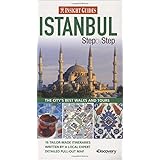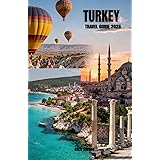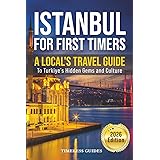Tolerance
Civilization means affection and tolerance. They are primitive tribes who have blood feuds. A civilization based on violence and tolerance is a civilization that collapses. It is not civilization. Our quality is good, beautiful and true. It wouldn’t be right without good and beautiful. Always, anytime, anywhere; good, beautiful and true together everywhere and always afiv. Afiv and tolerance. However, tolerance has no place in national causes, in national development, in our works that have an impact on society. It is only primitive nations that fuel and drive personal grudges and personal enmities. (Atatürk ve Çevresindekiler, Kemal Arıburnu, Türkiye İş Bankası Kültür Yayınları, 1994)
If people of various faiths hold grudges and hatred towards each other, despise each other and even just feel sorry for each other, such people have no tolerance; they are bigots. Tolerance exists in a person who does not feel any grudge against the conscience of his citizens or any human being; indeed, he respects. At least, it comes from ignorance and ignorance of other people’s beliefs that do not fit with his own. That is tolerance. 1930 (Afet İnan, Civil Information and M.Kemal Atatürk’s Handwriting pp. 509-512)
Good/Evil
A favor to others is also a favor to us; Evil to others is evil to us. For this reason, it is necessary to love good and avoid evil. Our deeds resonate with us as joy or pain; This state announces to us the duties of conscience. Commitment makes us tolerant of others. Because it shows that we are often unintentionally guilty together in the faults of others. In summary, commitment replaces “everyone for himself” with “all for everyone”. This thought is social, national, human in a broad and high sense. 1930 (Afet İnan, Civil Information and M.Kemal Atatürk’s Handwritings, pp. 73; 529-531)
Bigotry
Tolerance exists in a person who does not feel any grudge against the conscience of his citizens or any human being; indeed, he respects. At least, it comes from ignorance and ignorance of other people’s beliefs that do not fit with his own. That is tolerance. But if we have to tell the truth, we can say that those who love freedom for freedom and understand what the word tolerance means are very few in the whole world. Bigotry is commonplace everywhere. 1930 (Afetinan, Civil Information and M.Kemal Atatürk’s Handwritings pp. 509-512)
What is seen is not tolerance, but bigotry left incurable by weakness. 1930 (Afetinan, Civil Information and M.Kemal Atatürk’s Handwritings pp. 509-512)
Hatred
If people of various faiths hold grudges and hatred for each other, despise each other, or even just pity each other, such people have no tolerance; they are bigots. Tolerance exists in a person who does not feel any grudge against the conscience of his citizens or any human being; indeed, he respects. At least, it comes from ignorance and ignorance of other people’s beliefs that do not fit with his own. That is tolerance. But if we have to tell the truth, we can say that those who love freedom for freedom and understand what the word tolerance means are very few in the whole world.
Bigotry is commonplace everywhere. The basis of the peace landscape that can be seen everywhere is based on bigotry and free thought, hatred and grudge against each other. The fact that the foundation does not fall is due to the extra force that keeps the balance on the ground of hatred and grudge. From what we have said, it follows that it is difficult to conclude that the barriers to freedom have disappeared among us, and that we live together with those who think and feel like us. What is seen, then, is not tolerance, but bigotry left incurable by weakness. Undoubtedly, it is necessary not to complain about the different opinions and beliefs. Because when all ideas and beliefs converge, it is a sign of inactivity, a sign of death. Such a situation is, of course, undesirable. This is why true libertarians wish for tolerance to be a general trait. 1930 (Afet İnan, Civil Information and M.Kemal Atatürk’s Handwriting pp. 509-512)

